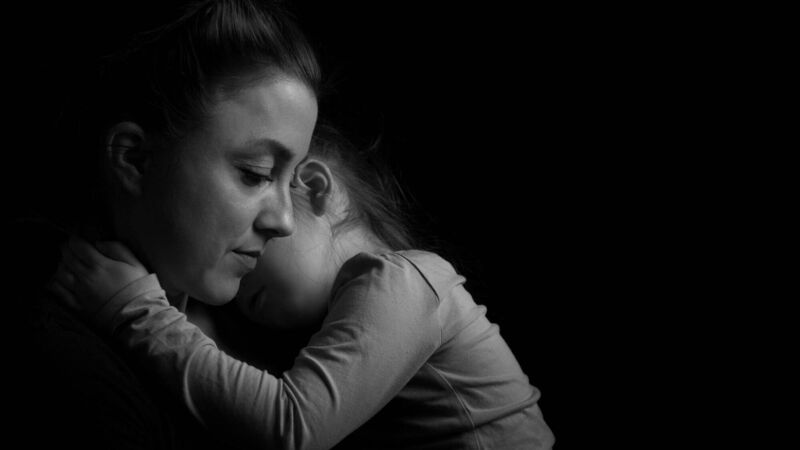Mother and baby home residents subjected to 'involuntary detention'

Rather than merely critique the findings of the commission, the group of 25 experts in law and criminal justice have produced an alternative report based on the evidence available to the commission. Stock picture
Residents of mother and baby homes were subjected to involuntary detention, forced labour, and illegal adoption an alternative expert review of the commission's report has found.
The independent analysis, due to be published this week, strongly rejects many of the findings of the Mother and Baby Home Commission's report and also blames the State for the abuses carried out in these institutions.










